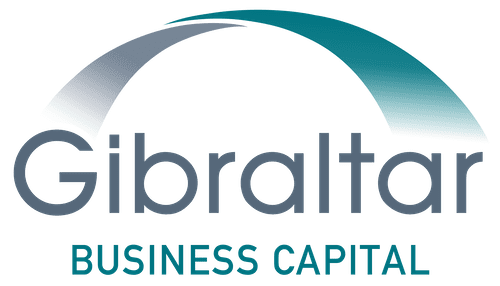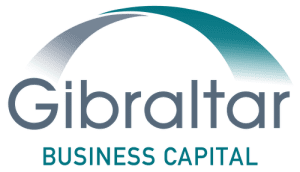For seasonal businesses, companies going through explosive periods of growth, or organizations in other forms of transition, traditional lending options aren’t always viable. The answer to the cash flow concerns of many organizations, especially asset-heavy organizations, is a type of alternative financing called asset-based lending (ABL).
ABL Focuses More on Asset Value, Less on Performance Ratios
In contrast to commercial loans that are based primarily on financial ratios heavily driven by company profit and loss, asset-based lending focuses on the value of a company’s assets to establish lending availability.
Various company assets can be leveraged as collateral, including accounts receivable, inventory, machinery and equipment, or real estate. Asset-based lines of credit are based on a “borrowing base” of the value of all eligible assets and an advance rate that varies by the type of collateral.
Non-Traditional Lenders Can Respond More Flexibly to Circumstances Outside the Box
Non-traditional lenders can offer more flexibility in structuring loans, including asset-based loans, because they are regulated differently from traditional lenders. Banks typically have tighter terms regarding loan limits, liquidity, repayment schedules and other special covenants. They have less leeway to be forgiving of performance hiccups, fluctuations, high-risk industries, atypical customer concentrations or anything outside the box.
Specialty ABL lenders have deep knowledge and resources to determine asset values and are able to finance many special situations. A lender with expertise in your industry may offer, in addition, better advance rates on your specialty assets. They also may include include certain types of collateral such as unbilled accounts receivable that traditional lenders do not accept.
Weighing Costs Vs. Benefits
While costs can be higher and lender reporting requirements (regular evaluations of current asset values) may be more frequent, alternative financing from a specialty lender can help companies manage through a transitional period. You must weigh the costs and benefits for your company’s special circumstances.
Remember that one of the largest benefits offered by a specialty lender can be industry expertise. This expertise can result in extra liquidity for your business that can make all the difference in meeting payroll, buying supplies, or investing in growth initiatives.
Timing also can be a consideration, especially since companies often seek out this kind of funding to meet a short-term challenge. Banking regulations lead to longer turnaround times and complicated committee approvals may be less flexible and timely than those with easy access to senior decision makers.
ABL Can Help Companies with Cash Flow Challenges and Growth Plans
Companies leverage ABL to help them overcome a variety of challenges — temporary sales downturns, industry upheavals, unbilled receivables, etc. — but another important usage is to support expansion and boost profitable growth.
It’s essential to choose a lender who understands what your company is going through and is willing to provide the personalized service it needs to get to the next level. Our case studies illustrate how we’ve helped real-life companies meet their challenges.
Contact us directly to discuss your business needs.


